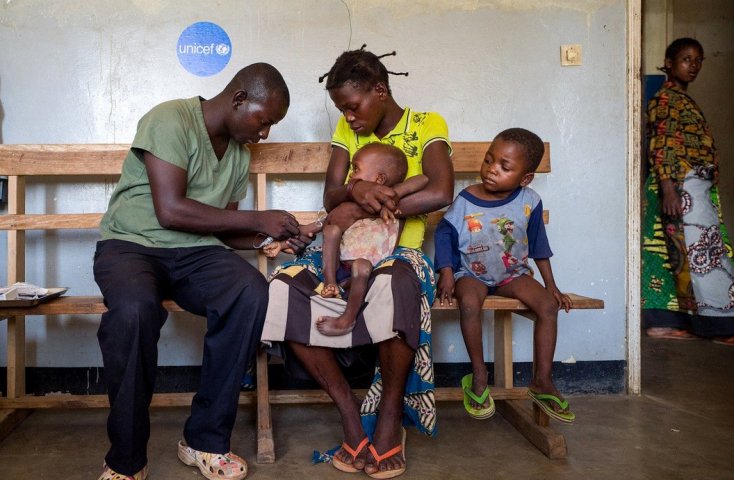USAID provides $20m to UNICEF for children health services in Somalia
“USAID’s support for children in Somalia has never been more critical,” said U.S. Chargé d’Affaires a.i. Colleen Crenwelge.

- Country:
- Somalia
The United States Agency for International Development (USAID) renewed its unwavering commitment to enhancing the protection, health, and wellbeing of the most vulnerable children in Somalia by contributing an additional $20 million to the United Nations Children’s Fund (UNICEF).
This new contribution brings USAID’s funding to UNICEF Somalia to a total of $34.7 million for 2021. It will play an integral role in supporting the organization and its partners to boost local capacity and reinforce the resilience of communities and systems in responding to the COVID-19 pandemic and other crises facing the country.
“USAID’s support for children in Somalia has never been more critical,” said U.S. Chargé d’Affaires a.i. Colleen Crenwelge. “This new funding not only will help curb the effects of the pandemic, but also will strengthen emergency child protection, health, and nutrition services, as well as the provision of clean water and good sanitation.”
The humanitarian crisis in Somalia has escalated due to recurring climate shocks, protracted conflict, the impact of COVID-19 and other deadly diseases, and the worst desert locust infestation in years. This has compounded vulnerabilities and protection challenges in a context where decades of conflict have displaced close to 3 million people and nearly 5.9 million people require humanitarian assistance.
The risk of a large outbreak of COVID-19 in conflict-stricken areas, where access to the population is challenging and social service provision is limited, persists and could add immeasurably to the suffering of the most vulnerable people in Somalia.
"Children are still generally less likely than adults to get sick from the virus, but we must act now so that with the emergent strains they do not become the hidden victims, bearing the brunt of the long-term impacts of this crisis,” said UNICEF Somalia Representative Mohamed Ayoya. ”With this generous contribution from USAID, we can continue our work to ensure girls and boys have access to life-saving services that will give them an opportunity to prosper and have a brighter future."
The new funding enables UNICEF and its partners to reach more than 1 million people with COVID-19 prevention messaging; 484,000 people with health services; 83,000 children with treatment for severe acute malnutrition; and 300,000 people with emergency and sustained water, hygiene, and sanitation services.
(With Inputs from APO)









